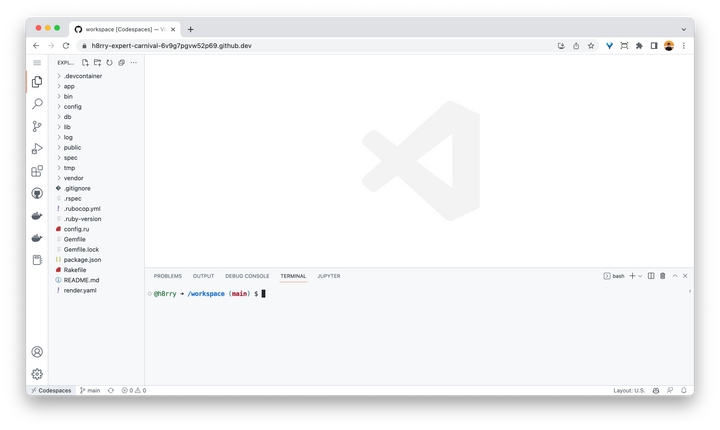Why coding basics matter

Getting your coding foundations is absolutely vital. We know, we know, It’s easy to discount that if you’ve just started coding or you have a specific vision of the kind of coding work you want to do.
From everything we’ve seen in our experience with Altcademy if your coding foundation is weak, it doesn’t bode well when you try to gain more specialized expertise. And if you think about it, it makes sense. When we build a house, we make sure it has a super solid foundation before building more on it, right? It’s because we want to make sure the house can withstand additional pressure and load, without collapsing or causing damage.
Coding is the same in many ways. A solid foundation ensures that you feel confident in pursuing different languages and trying new things and that you’re able to demonstrate your foundational knowledge just as well as your technical knowledge. It’s what sets you apart when seeking job opportunities. You’ve likely heard this analogy a lot, but it’s a really good one that demonstrates just how essential the basics are!
Practice, practice, practice
There is often this myth that good coders “just know” how to code. That it’s some sort of innate ability you’re born with, not a skill you build. But that’s not true. The coding basics are important in helping you learn how to be a good coder. Good coders are essentially those who dedicate time to mastering the basics and practicing their skills, which plays a more prominent role in success overall if you’re thinking about pursuing coding as a career.
Getting the hang of basic programming languages enables you to become a better coder because you’ll feel more confident pursuing complex languages down the line. The more you practice the basics and get more comfortable with it, the better you’ll feel about your abilities overall.
Fewer chances of discouragement
Confidence plays a big role in coding; that’s undeniable. And if you’re planning on going into coding as a career, full-time or part-time, confidence will be a factor in interviews. When you master the basics of coding, you approach new issues and challenges with a different attitude, and that shows.
You’re less likely to get discouraged when things don’t go your way, and you’re more likely to work harder to find a solution because your coding knowledge is structurally sound. That attitude shows in a professional context, and it can be an incredibly valuable asset. On the flip side, it’s easy to undermine yourself when you skip through the basics and go for the complex stuff because you’re never quite sure if you’re doing it right.
A final note on coding basics
We’ll leave you with some food for thought in this final note on why coding basics matter. We’ve talked a lot about what it enables you to do, but the other important consideration is how you’re learning the basics. If you’re opting for cheaper options like YouTube videos or low-priced courses, their basic knowledge is often subpar, and that makes it harder to feel confident about the knowledge you’ve gained. Plus, it’s hard to stay motivated when the onus is on you to learn.
To get the best value from coding, our recommendation is to go for self-paced, structured courses that delve deep into the basics early on to give you the best chances of success later. At Altcademy, we offer just that, plus access to mentors and Q&A sessions to ensure that you feel confident and ready to take on any coding challenge that comes your way!




